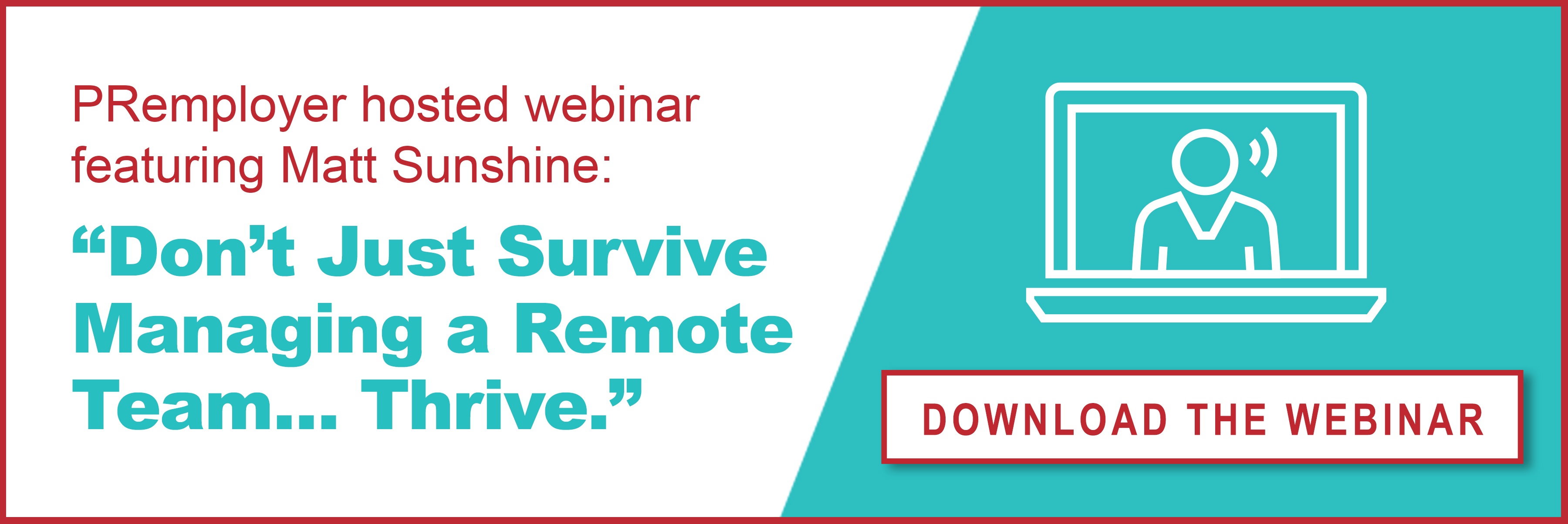
Of all the myriad processes involved in the operation of an organization's Human Resources department, perhaps none are as critical, or as frequently neglected, as the protocols and procedures related to confidentiality.
Breaches of confidentiality can result in irreparable damage to a company's reputation and an employee's livelihood; not to mention the violation of several laws related to confidentiality in the workplace. It's well been said that it's better to have no HR department than to have one that leaks sensitive information.
In today's digital world, confidentiality and data security go hand in glove. Why exactly are strict security measures so important in the modern marketplace?
The Critical Role of Confidentiality in HR
Private employee information that HR compiles and stores can become a gold mine of ill-gotten gains were it to fall into the wrong hands. Several statistics bear this out. For example:
- The unauthorized sale of personal data from HR sources has a booming black market. While basic information (name, address, phone number) may only sell at a rate of about $1, a full package of detailed personal data (credit card number, passwords, social security number, etc.) may go for rates as high as $1,000. Criminals are willing to pay such high prices because they realize the potential profits that these fraud-enabling breaches of confidentiality could yield.
- Research indicates that over 40% of data breaches come from internal sources: 21% from accidents and 22% from intentional actions. This suggests that keeping sensitive information 100% in-house does not eliminate the threat of data exfiltration by malicious attackers.
- Almost 1/3 of external attacks (32%) are focused on the theft of customer information, followed by employee data (28%), payment card information (15%), intellectual property (14%), and other financial information (11%).
- Internal actors are more inclined to steal employee information (33%) than customer data (27%).
- While the majority of confidentiality breaches are achieved via direct electronic means (phishing attacks, scam emails, etc.), some 40% of data infiltrations involve some form of physical media, such as the theft of a laptop or the use of a USB.

How to Ensure the Maintenance of Confidentiality
In order to ensure that sensitive information remains secure, two vital elements must come into play: data security and employee training.
.png?width=175&name=premployer%20(24).png) In order to bolster their data security processes, organizations or their HR outsourcing partners should leverage robust information storage platforms, such as PRemployer's Human Resource Information Systems (HRIS). Such software allows employers to confidentially store and edit client information throughout the payroll management process, without fear that a damaging breach will occur.
In order to bolster their data security processes, organizations or their HR outsourcing partners should leverage robust information storage platforms, such as PRemployer's Human Resource Information Systems (HRIS). Such software allows employers to confidentially store and edit client information throughout the payroll management process, without fear that a damaging breach will occur.
Perhaps the biggest single threat to maintaining confidentiality in an HR department is the human tendency to become lax when there is no clear and present danger in sight. In order to combat this trend, companies should develop and implement an employee training program focused on the prevention of data breaches. For example, a robust training program should empower employees to:
- Recognize and respond to phishing attacks, social engineering, and other common hacker tactics.
- Take adequate anti-hacking measures, such as using multiple passwords for multiple user accounts.
- Send, receive, and store sensitive information via secure channels.
Summary
Confidentiality breaches are a huge issue across the HR industry. They can inflict severe damage on a company's reputation, ruin an employee's credit, cause a customer to suffer severe financial losses, and even lead to an organization's bankruptcy.
A 100% in-house HR solution will not adequately meet all of the data security needs for a business, especially one that functions at an enterprise level. Rather, a multi-pronged approach will yield much better results. This overarching strategy should include:
- The distribution and implementation of robust security-oriented software.
- A broad and detailed employee training initiative.
- Ongoing data security audits.
Of course, the development and implementation of such a strategy may realistically create a strain on almost any company's resources. However, a partnership with a reputable outsourced HR provider can help an organization to sidestep such a burden and yield maximum value with regards to data security investments. For example, PRemployer has strict protocols in place to ensure compliance with all applicable privacy laws. Moreover, each one of its employees has been comprehensively trained to quickly recognize and stop hacking attempts.
If you'd like to learn more about our services, reach out to us today.

